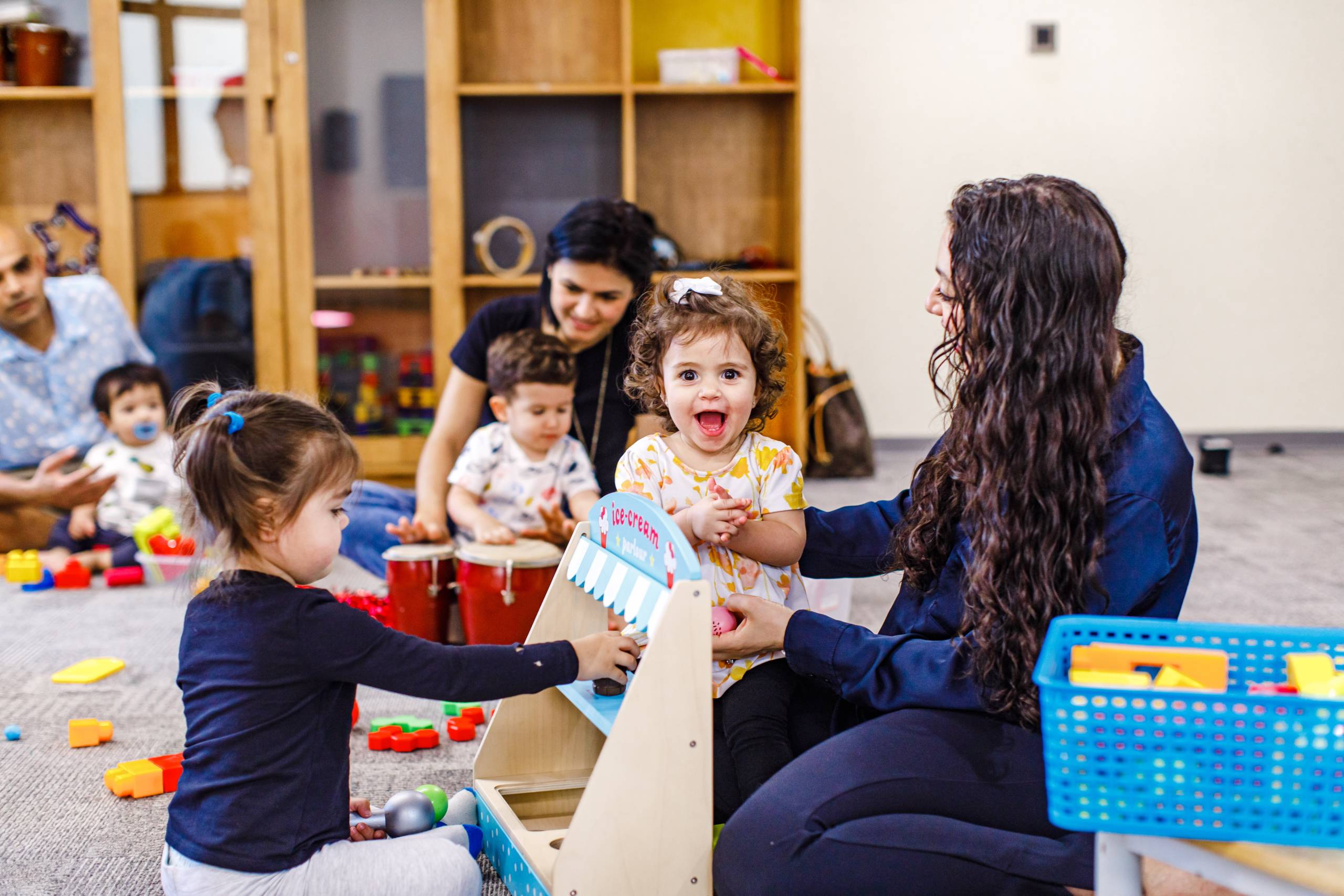The Role of the Environment during Sensitive Periods
Introduction:
The early years of a child’s life are filled with remarkable developmental milestones. These critical periods, often referred to as sensitive periods, are when a child’s brain is most receptive to specific types of learning and experiences. During this time, the environment plays a pivotal role in shaping a child’s development. In this blog, we will delve into how surroundings influence a child’s growth and why choosing the right environment, such as a kindergarten school in Whitefield or the best daycare in Whitefield, is essential for nurturing their potential.
Understanding Sensitive Periods:
Sensitive periods are distinct phases in a child’s life when they are particularly attuned to acquiring specific skills and knowledge. These periods are characterized by heightened sensitivity to particular stimuli and a natural inclination to explore and learn about them. Some well-known sensitive periods include language development, sensory refinement, and social interaction.
The Role of the Environment:
Language Development: During the sensitive period for language development, which typically occurs from birth to around six years of age, children absorb language like sponges. A rich language environment is crucial. Kindergarten schools with immersive language programs and exposure to diverse vocabulary can significantly enhance a child’s language skills.
Sensory Exploration: Young children are highly sensitive to sensory experiences. The environment they are exposed to should offer opportunities for sensory exploration. This could include activities like sand and water play, art and music classes, and exposure to nature. A nurturing daycare or kindergarten school often designs its spaces to stimulate these senses, fostering cognitive and emotional development.
Motor Skills: Fine and gross motor skills develop during sensitive periods. The physical environment should provide ample opportunities for movement, such as climbing, running, and playing with manipulative toys. A well-equipped daycare or kindergarten school will have age-appropriate facilities and outdoor spaces that encourage physical development.
Social Interaction: Sensitive periods for social development occur when children are around two to six years old. In this phase, they are eager to interact with peers and learn social norms. Environments that foster cooperation, sharing, and positive interactions help children develop vital social skills.
Independence: As children grow, they become increasingly independent. The environment should support this by allowing them to make choices and take on age-appropriate responsibilities. A daycare or kindergarten that encourages independence helps children develop confidence and self-reliance.
Conclusion:
Sensitive periods are a window of opportunity for children to acquire essential skills and knowledge. The environment in which a child spends their formative years plays a crucial role in maximizing their potential. Whether you’re seeking a kindergarten school in Whitefield or the best daycare in Whitefield, prioritize an environment that understands and supports these sensitive periods, providing your child with the best possible foundation for their future growth and success.

